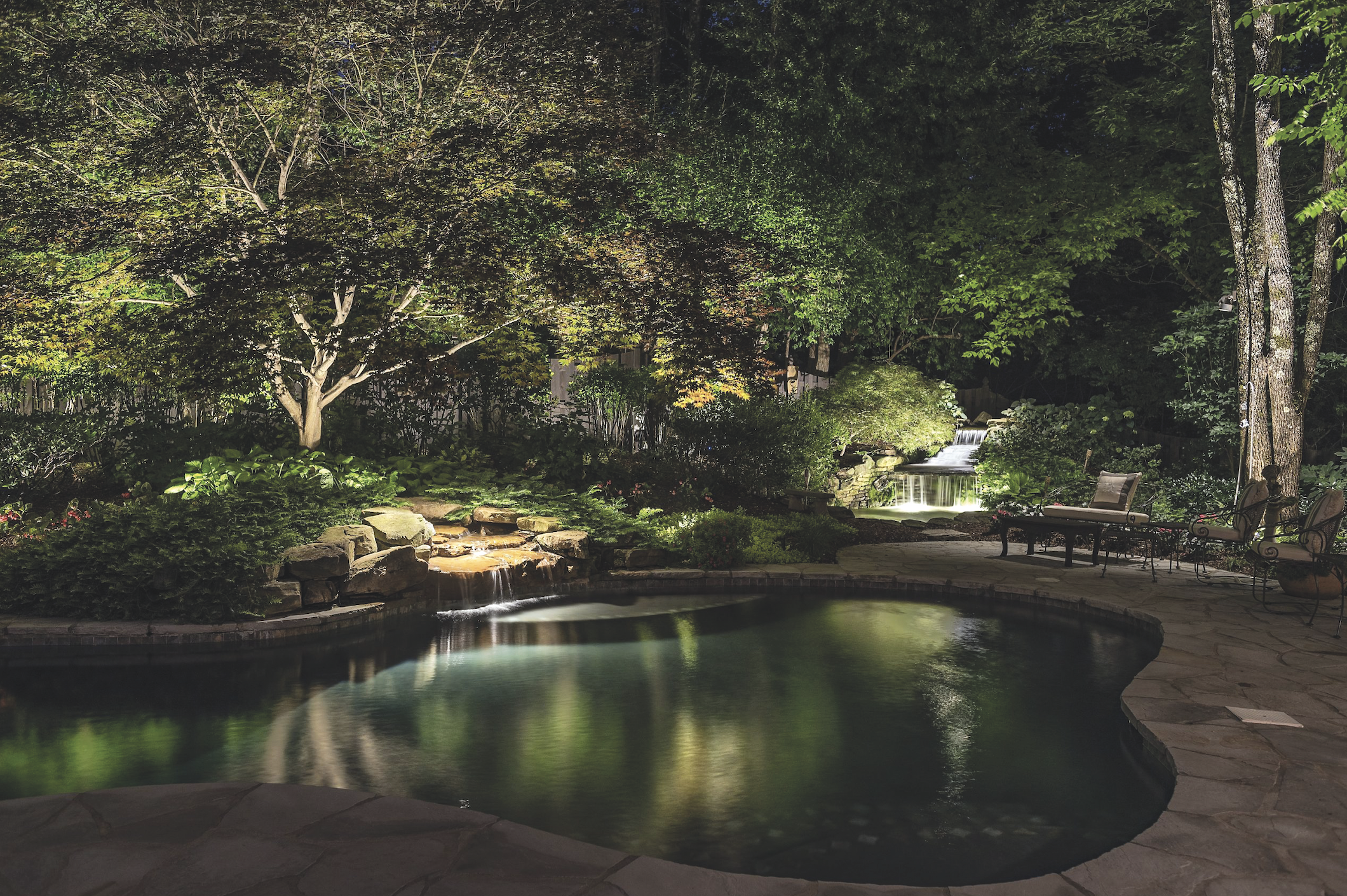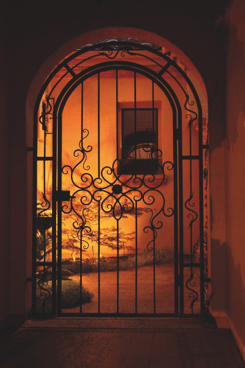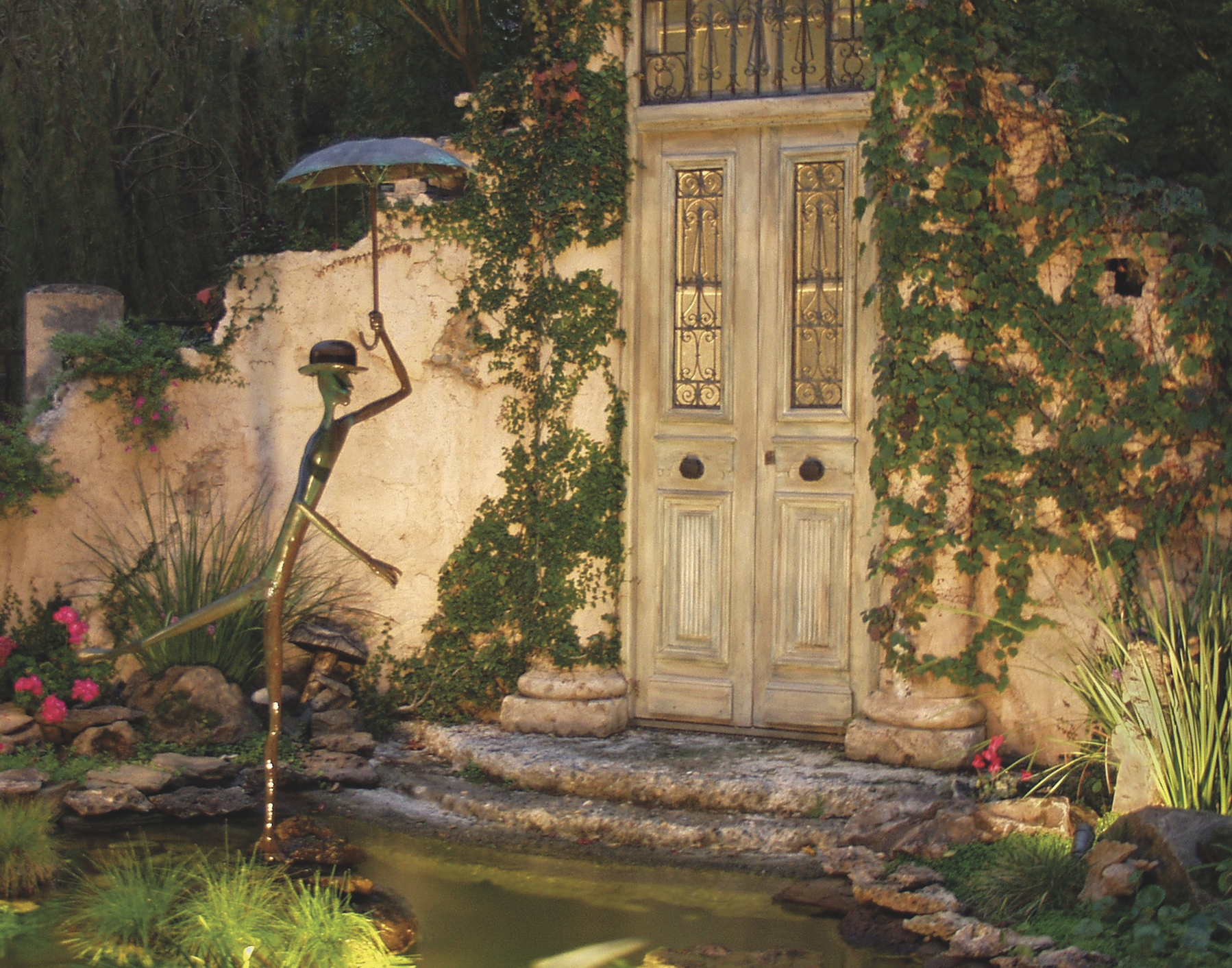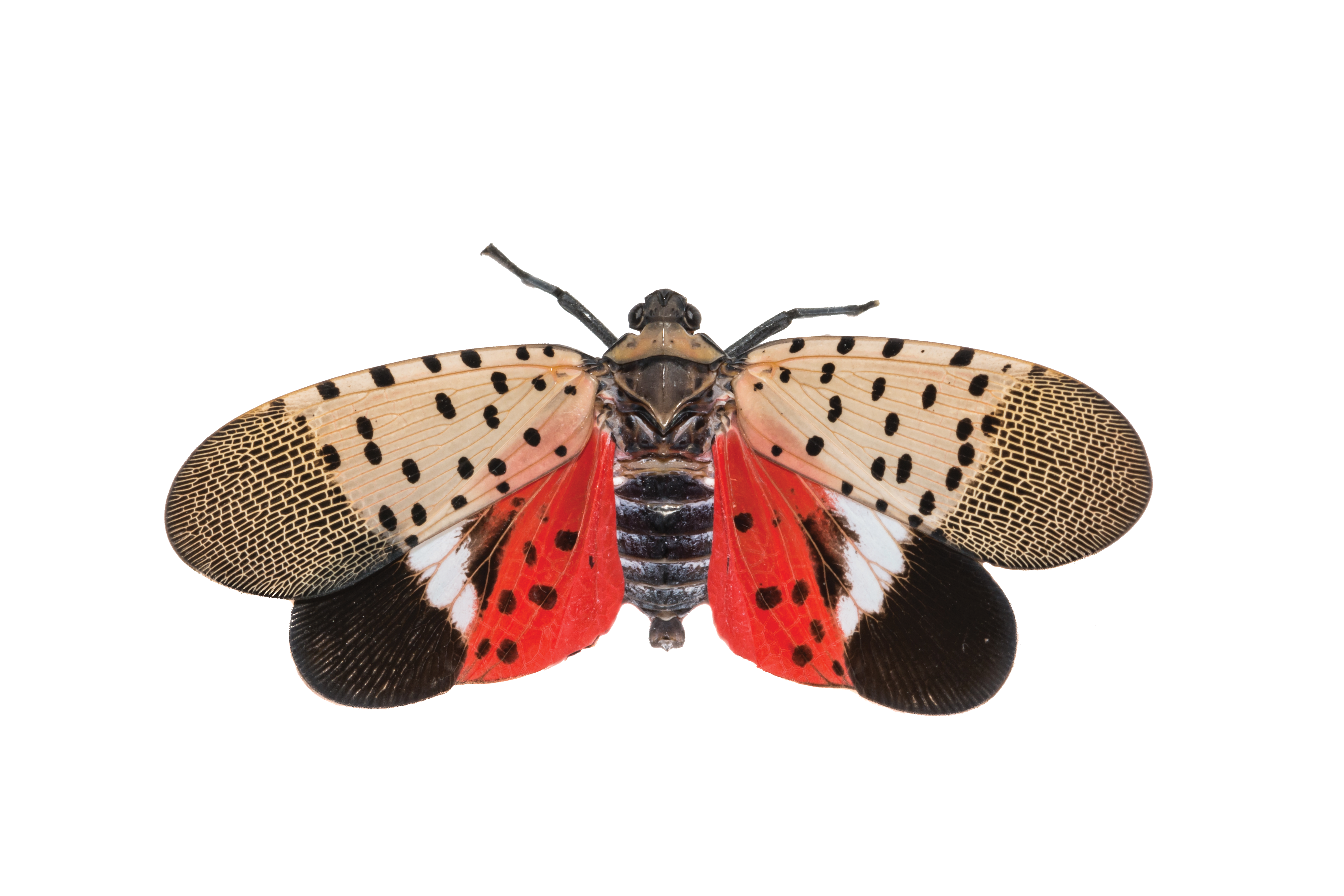Enlivening the Denver Skyline
Explore One River North, A Building with a Vegetative Canyon In a world with artificial intelligence, people are often suspicious of renderings that...
 Lighthouse Outdoor Lighting
Lighthouse Outdoor Lighting
Mark Carlson Explains Why We Need To
Elevate Landscape Lighting To An Art Form
I have claimed for quite some time that landscape lighting design is an art form. While outsiders may consider it a common trade, landscape lighting is an untapped discipline—it requires an understanding of the principles of composition as well as human psychology.
 Our work begins with the creative process of applying light and shadow within landscapes and natural environments. We want to encourage a positive feeling or experience to the end user; but before we can accomplish that, we need a defining measure for what is considered good or bad. Much of our trade is left to define their own measures, and we must change this if we are to advance.
Our work begins with the creative process of applying light and shadow within landscapes and natural environments. We want to encourage a positive feeling or experience to the end user; but before we can accomplish that, we need a defining measure for what is considered good or bad. Much of our trade is left to define their own measures, and we must change this if we are to advance.
So how do we raise the bar? I believe there are three ways. First, we must take the subjective nature of this art form and make it more objective. Second, we need to understand the principles of composition. And, lastly, we can implement those principles to ensure a consistent measure of good lighting design.
A subjective design means that the effect and beauty are in the eyes of the beholder. However, this is a very loose and ineffective means to judge what we provide to customers. Any lighting can be considered good, even if it’s poor. An objective measure allows one to apply concepts, standards or practices that are accepted by experienced professionals.
The landscape lighting profession can utilize composition as understood by the art world as a measure to objectively study a lighting design. The six principles of composition include balance, contrast, emphasis, pattern and rhythm, unity and movement. Every landscape lighting design can apply these basic rules and determine whether a design might be considered good or not good.

Not only would this practice set a higher level of expectation, but it would allow the lighting industry to have a means to accurately judge works. This would be a huge benefit for awards contests and peer recognition. No longer would the profession be judged in bias by opinion over an understood and measured set of principles.
If we continue to raise the standard, our work will only get better. Not only will our clients notice the difference, our entire industry will.
.png?width=131&height=197&name=Mark%20Carlson%20(1).png) About Mark Carlson
About Mark CarlsonMark Carlson is the founder of the Experiential Landscape Lighting Initiative (ELLI), an educational resource dedicated to the landscape lighting profession. He has 22 years of experience as a landscape lighting designer. Carlson is currently performing studies on the psychology of light and nature to provide therapeutic relief in human health. He is also the owner of Avalon Lighting Design.

Explore One River North, A Building with a Vegetative Canyon In a world with artificial intelligence, people are often suspicious of renderings that...

The spotted lanternfly is an invasive species making its way across the country. This article will help you understand more about this pest, how you...